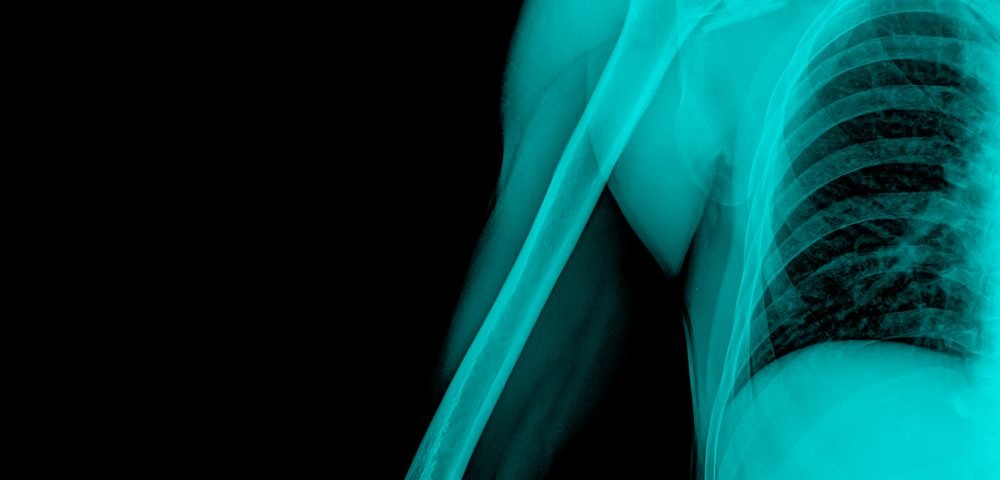Poor bone health in people with Gaucher disease is likely driven by processes independent of the condition, researchers at Argentina’s National University of La Plata report.
They identified the prime suspects in bone deterioration as increased activity in bone degrading cells and altered immune response.
The findings could lead to therapies for improving bone health in Gaucher patients, they said. Gaucher symptoms can include bone pain and susceptibility to fractures. Unfortunately, the enzyme replacement therapy that is often used to combat the disease does not significantly improve bone health.
The study, “In vitro osteoclastogenesis from Gaucher patients’ cells correlates with bone mineral density but not with Chitotriosidase,” appeared in the journal Bone.
Bone mineralization is controlled by cells that build bone, called osteoblasts, and cells that break down bone tissue, called osteoclasts. In healthy people, the cells coexist and balance out each other’s actions.
To see if Gaucher could affect the processes, the team recruited 29 Gaucher type 1 patients and 25 healthy controls. Type 1 is the most common form of the disease.
Researchers discovered that the patients’ blood samples contained more osteoclasts than the healthy participants’ samples.
They also wanted to know if the number of bone-degrading cells correlated with other measures of the disease’s severity. They started by measuring chitotriosidase, an enzyme whose levels are higher in Gaucher patients than in others. They found no connection between the number of osteoclasts and the enzyme levels, however.
The team also found abnormally low amounts of a number of substances in Gaucher patients, including inflammation-promoting proteins called cytokines.
Scientists know that a number of these factors, including interferon-gamma and interleukin-10, suppress osteoclast activity. The lower level of the substances that the team found in Gaucher patients correlated with less bone mineral density.
The findings indicated that altered immune processes could contribute to the poor bone health that doctors observe in patients with type 1 Gaucher disease.


